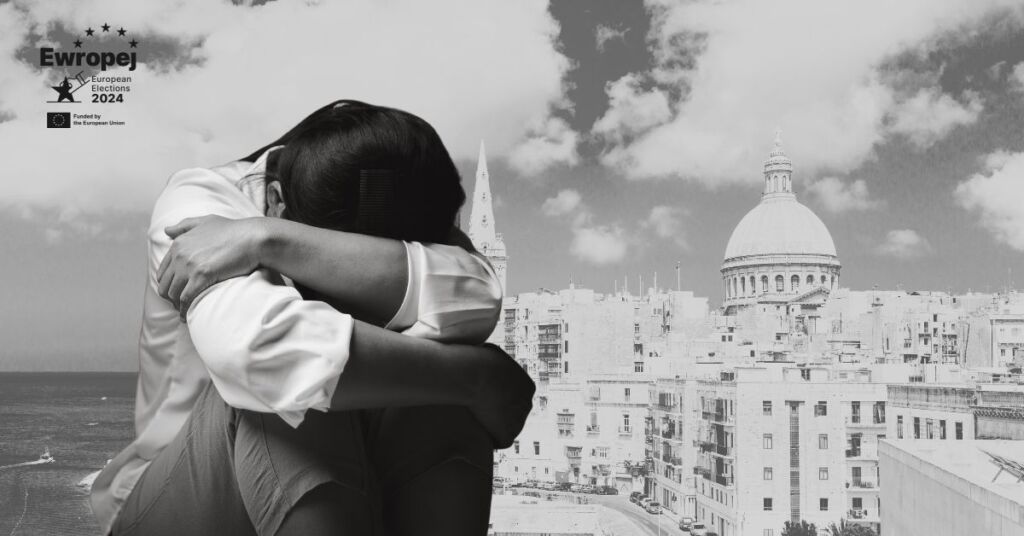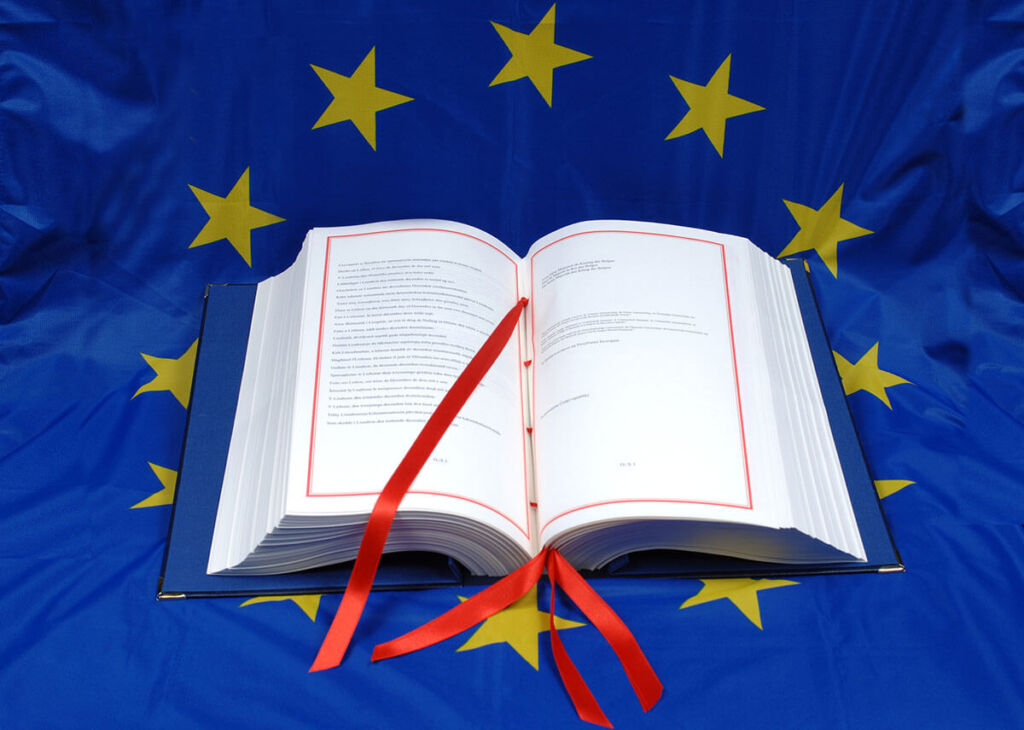Explained: This Is Why Malta Doesn’t Want To Add Rape To An EU Directive On Violence Against Women

The European Parliament and Commission want to include rape in a new directive aimed at protecting women from violence, however, the Council – which is the body of member states – is against this decision.
Malta is one of the 17 countries rejecting it.
So, to understand why the island is rejecting this, let’s go back to basics.
What is this violence against women directive?
On International Women’s Day last year, the European Commission presented a proposal for a Directive on Combating violence against women and domestic violence throughout the EU.
It is based on Articles 82(2) and 83(1) of the TFEU.
The directive received a very warm welcome from the EP which has adopted resolutions calling for something like this since around 2009. The forms of violence included, like rape, were done so because they disproportionately, but not exclusively, affect women – the directive reads.
“According to Eurostat data from 2015, nine out of ten rape victims and eight out of ten sexual assault victims in the Union were women. 99 % of those imprisoned for such crimes were men.”
In their amendments, MEPs called to expand the definition of rape and consent. With the former to include other non-consensual acts of a sexual nature besides penetration and the latter to take into account situations where a woman is unable to make a choice, refuse, or withdraw consent without detriment due to a state of fear, intimidation, unconsciousness, intoxication sleep, illness, bodily injury, disability or in an otherwise particularly vulnerable situation.
Moreover, the Parliament adopted a strong and unified position on the directive calling for the inclusion of those amendments regarding rape.
However, the Council remains divided with 10 approving the directive and 17 – including Malta – rejecting it.
But… why?

Well, it must be noted that for Malta, the decision was purely legal.
“Malta strongly condemns any form of sexual violence and abuse against any person, including women, children, and LGBTIQ+ persons. Malta strongly advocates for a clear legal framework that does not discriminate between victims of the same crime in view of his/her gender,” a member of Malta’s EU Representative team told Lovin Malta.
The Council’s legal service advised states against the move due to what it called a lack of a legal basis in Article 83(1) of the Treaty on the Functioning of the European Union (TFEU) for its inclusion.
“Article 83 very clearly refers to ‘trafficking in human beings and sexual exploitation of women and children’ and not to sexual abuse and/or sexual violence in the broadest terms.”
But don’t worry, we’ll get to that point later.
What is the TFEU?

The TFEU is one of two primary treaties forming the constitutional basis of the European Union (EU). It forms the detailed basis of EU law by defining the principles and objectives of the EU and the scope for action within its policy areas.
Within this treaty is Article 83 (1) which is one of the articles that directive is based on. Measures can be adopted under this article concerning a list of ten offences (the so-called “Euro crimes”).
These refer to terrorism, trafficking in human beings, sexual exploitation of women and children, illicit drug trafficking, illicit arms trafficking, money laundering, corruption, counterfeiting of means of payment, computer crime, and organised crime. These are crimes that merit, by definition, an EU approach due to their particularly serious nature and their cross-border dimension, according to the Treaty itself.
Most of the crime areas are already covered by pre-Lisbon legislation, which has been or is in the process of being updated. Any additional “Euro crimes” can only be defined by the Council acting unanimously, with the consent of the European Parliament.
Now, the legal service was tasked to analyse the directive and focus on two specific aspects: whether Article 83 (1) allows for the adoption of minimum rules for the proposed criminal offences, i.e. rape against women and female genital mutilation, as well as non-consensual sharing of intimate or manipulated material, cyberstalking, cyber harassment, and cyber incitement to violence or violence (Articles 7 to 10 of the proposed directive).
And secondly, whether establishing measures that only apply to specific victims or specific contexts, namely victims of violence and domestic violence, would be in compliance with the principle of non-discrimination.
What did the legal service conclude?
Ultimately, the service said that the area of crime in Article 38 (1) is characterised by a component of an essentially exploitative nature that does not cover crimes like rape, of which “the essential constitutive element is sexual violence.”
In EU law, “sexual exploitation” has already been interpreted broadly, especially in protecting minors (children and teenagers) from sexual abuse and exploitation. So, the Council (part of the EU’s law-making body) might think about including other crimes that involve sexual violence, like rape, under this term.
If they decide to include crimes like rape under “sexual exploitation,” it would be a new way of interpreting EU law (Article 83 TFEU), and it could set a standard for how this law is understood in the future, the legal service explained in its report. Moreover, to comply with the principle of non-discrimination, if they were to expand the definition of “sexual exploitation” to include adults and not just minors, they should also ensure the language is gender-neutral.
It further stated that changing the definition could lead to significant legal risks in case of litigation – “notably a risk of annulment of the relevant provisions of the proposed directive”.
Moreover, to avoid these risks, the Council can extend the list of euro-crimes outlined in the mentioned Article by following the relevant procedure to add a crime related to sexual abuse and violence.
The report ultimately called for the rules set out in Chapters 3, 4, and 5 in the directive to be redrafted to clarify the victims to whom the rules apply in order to provide justification for any difference in treatment between victims and to adapt the scope of the beneficiaries of the rights.
Nonetheless, despite all of this, the legal service of the EP as well as the opinion of the commission backed the directive as it is – as did 10 members of the council.
This action was co-financed by the European Union in the frame of the European Parliament’s grant programme in the field of communication. The European Parliament was not involved in its preparation and is, in no case, responsible for or bound by the information or opinions expressed in the context of this action. In accordance with applicable law, the authors, interviewed people, publishers or programme broadcasters are solely responsible. The European Parliament can also not be held liable for direct or indirect damage that may result from the implementation of the action.
Do you agree with Malta’s decision?
